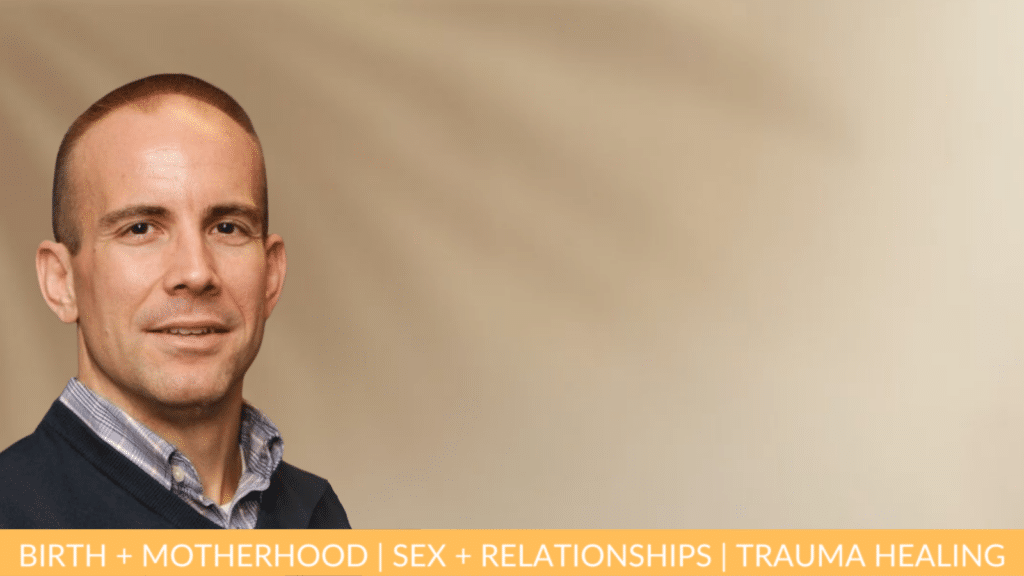In this episode, Kimberly and John discuss his newest book “The Life-Changing Science of Detecting Bullshit” which explains the differences between bullshitting, lying, and deciphering the truth. John explains many different facets of how humans are susceptible to bullshit and lying, especially from someone close or familiar to us, as well as how to have a productive conversation with someone who makes biased claims posing as truth.
Bio
John V. Petrocelli is an experimental social psychologist and Professor of Psychology at Wake Forest University. His research examines the causes and consequences of BS and BSing in the way of better understanding and improving BS detection and disposal. Petrocelli’s research contributions also include attitudes and persuasion and the intersections of counterfactual thinking with learning, memory and decision making. His research has appeared in the top journals of his field including the Journal of Personality and Social Psychology. Petrocelli also serves an Associate Editor of Personality and Social Psychology Bulletin.
What He Shares:
—Difference between bullshitting and lying
—How cross-field research is most credible
—Questions to ask when someone makes a claim
—Humility in seeking the truth
—Seeking truth amid echo chambers and polarization
What You’ll Hear:
—Difference between bullshit and lying
—Liar interested in truth in order to tell a successful lie
—BSer doesn’t care about truth, could state truth but BSer wouldn’t know it
—Liar doesn’t believe what they’re communicating and knows they’re lying
—BSer does believe in what they say
—We assume BS has no harm or effects and that we cant detect it (false)
–Those most confident in detecting BS are most duped by it (research shows)
—Those who have strongest beliefs about something can be often most clueless about the evidence & truth
–Research behind MMR vaccine and debunked link to autism
—Cross-discipline agreements trend as most credible
—Confirmation bias is only caring about what appears to be evidence or explanation that confirms our pre-existing beliefs or hypothesis
—Preferences va attitudes
—Own personal/professional experiences inform our beliefs
—Data collection regarding experiences is messy and random
–Information we get from personal and professional experience is often counterintuitive and not necessarily data we want to count
—When people obtain good information, research shows tends to suggest people are pretty reasonable in inferences they make from information presented
—-Major problem treating anecdotal, small data points of interest as much weight as we would give data on a mass scale
—How do we know when something is credible? How do we tell inside of ourselves? How do we tell outside of ourselves?
—Data shows only need to hear BS one time, mind tends to signal truth i
—Mind signals truth is felt familiar (heard before) easily confuse familiarity with truth
—Interpersonal BS (people we care about, communicate with frequently) is most potent
–People we don’t communicate with is somewhat potent
—Who are they? What do they know? How do they know that claim? What is their agenda?
—Calling BS and being challenged on our beliefs is rare to occur especially when it’s easy to be locked into our echo chambers
—Living in era where vehicles for expression, making recordings and content leads us exposed to many things an equalizer and messiness of truth and reality
—Cultural ideas coming to forefront of there is no truth, everything is relative
—“Gullability” (when are cues that suggest person isn’t interested in truth)
—We feel obligated to have opinions on things at an expanded magnitude from previous times
—Passively receiving information vs. actively sorting through information for truth
—BSers use abstract explanations/heady values and reasons and less hardcore genuine evidence
—HOW do you know this is true? HOW do you think this claim might be wrong?
—Listening and communicating to win or prove we’re right doesn’t get us as far
—Having intellectual humility
—Tribalism we see today resembles cults
—Spade for other ways of knowing, mystery, and magic
—What can’t be studied or measured (“love”)
Resources
Website: https://psychology.wfu.edu/about-the-department/faculty-and-staff/john-petrocelli/

